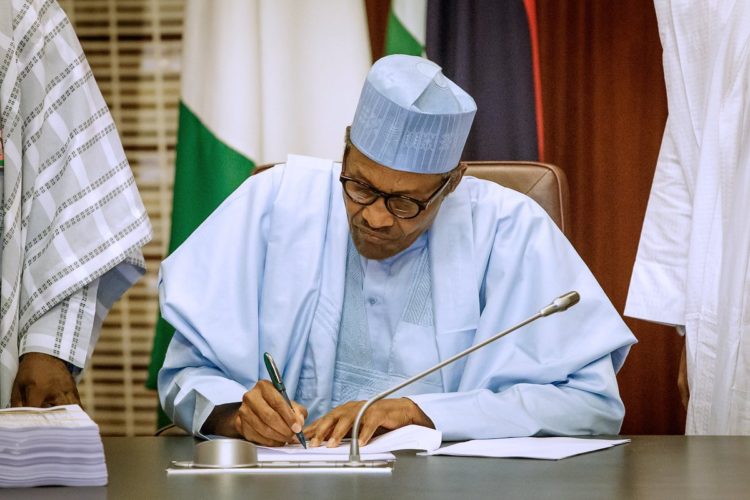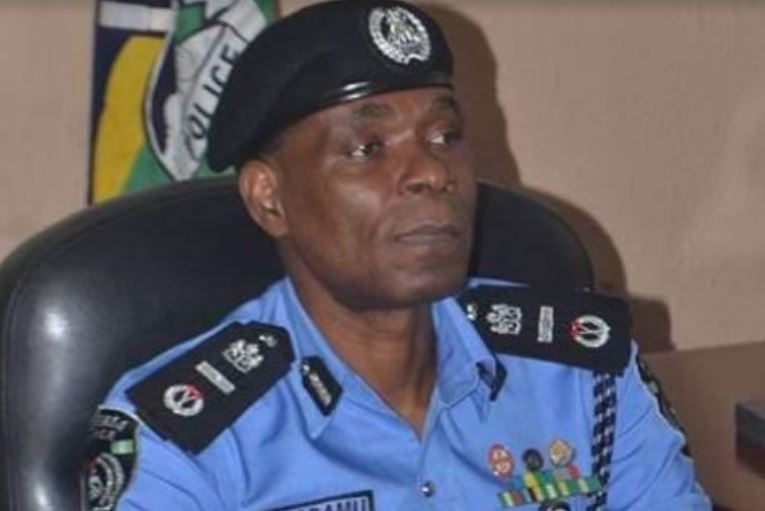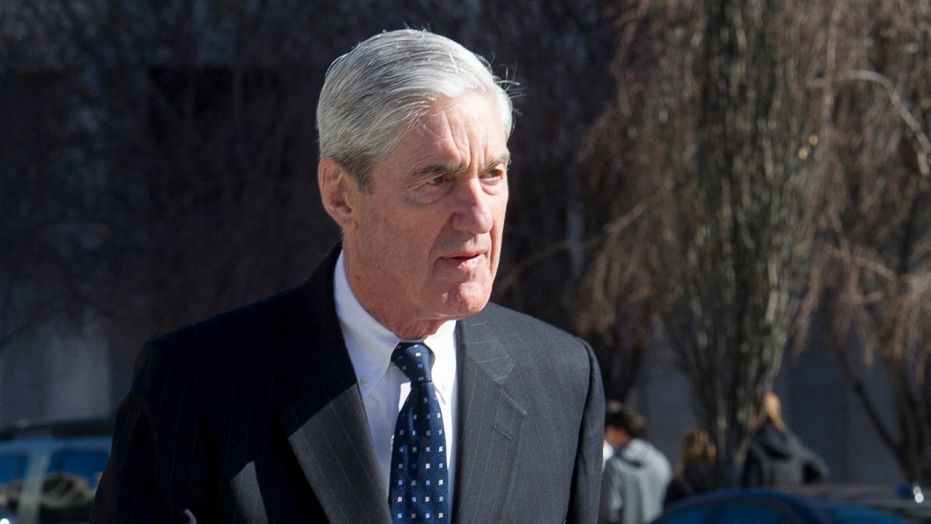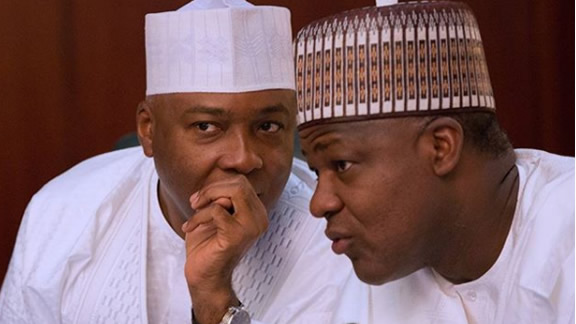The Lagos State House of Assembly has stepped down debate and passage of the state’s 2019 Appropriation Bill after receiving report of its Committee on Economic Planning and Budget.
The News Agency of Nigeria (NAN) reports that the House Committee on Economic Planning and Budget, on Friday, presented its report after about 80 days that Gov. Akinwunmi Ambode laid the 2019 budget proposal of N852.316 billion before the assembly.
There were rumours that the House would pass the budget on Friday, but the lawmakers stepped down the approval during plenary that commenced at about 4.30 p.m.
The budget, submitted by Ambode, had a Capital Expenditure of N462.757 billion and a Recurrent Expenditure of 389.560 billion, while the capital to recurrent ratio of the budget stood at 54:46.
Meanwhile, the House, after receiving the report and recommendations of its committee, headed by Mr Gbolahan Yishawu (APC-Eti-Osa II), premised the stepping down on the voluminous reports.
Yishawu, while presenting the report, said the committee observed, during extensive deliberation with various ministries, departments and agencies, the need to move some funds from one sector to another.
According to him, the total revenue proposed for 2019 is believed to be realistic but the Internally Generated Revenue (IGR) Order needs to be reduced as the empirical reports do not support level of collection.
He said that this should be reduced from N91 billion to at best N60 billion
Yishawu, who highlighted areas where revenues, subventions and expenditures needed to be reduced, increased or included from one sector to another, recommended that all MDAs must operate within the enabling appropriation law.
Presenting the summaries, Yishawu said: “The sum of N395,993,387,020 be approved as the total recurrent expenditure for the year ending Dec. 31, 2019.
“The sum of N478,866,073,705 be approved as the total capital expenditure for the year ending Dec. 31, 2019.
“The sum of N874,859,460,725 be approved as the total budget size for the year ending Dec. 31, 2019,” he said.
On policy issues, Yishawu recommended for the house to direct that the abandoned Lagos State Metropolitan Development and Governance Project were completed before the end of the year.
He added that the ministry of economic planning and budget should ensure that accountants and planning officers across MDAs were retrained on the budgeting exercise.
The chairman said that the audited account of the state for 2018 should be submitted to the house.
“Henceforth, the commissioners for the ministries of economic planning and budget and Finance as well as the Accountant General should forward quarterly reports on the financial status to the house of assembly.
“The House should caution accounting officers of MDAs that appropriate sanctions will be meted out for the contravention of the provisions of this law.
“The commissioner for finance and the state accountant general and the permanent decretaries should ensure release of funds to MDAs as at when due and also forward the quarterly report to the house on the financial status of the state with respect to revenues, expenditure and debts and the release of funds to MDAs in accordance with the appropriation law,” he said.
According to him, the House should direct all MDAs to submit project status reports on or before May 15.
The Speaker of the House, Mr Mudashiru Obasa, commended Yishawu and members of the committee for thorough scrutiny of the budget, saying “we can see that you did a lot of jobs with the report”.
The Majority Leader, Mr Sanai Agunbiade, who said that the reports was technical and required proper debate, moved that the deliberation on the report be moved to another day.
“I wish to move that further debate on this report be stepped down for another day,” Agunbiade said, and he was supported by Mr Olusegun Olulade (APC-Epe II)
Earlier, the Chairman, House Committee on Finance, Mr Yinka Ogundimu, presented a report of the House of Assembly Bill Number 59 entitled “Public Procurement Agency (Amendment) Bill, 2018.
The House, after deliberations on the bill, read for the third time, passed into law “A Bill for a Law to Amend Lagos State Public Procurement Agency Law CH.L.56 VOL.6 Laws of Lagos State and for Connected Purposes.
The house also read for the third time and passed into law: “A Bill for a Law to Provide for the Registration of Domestic Staff Service Providers in Lagos State and for Connected Purposes”.
It also read for the third time and passed into law: “A Bill for a Law to Amend the Lagos State Public-Private Partnership Law CH.P.18 VOL. 9 Laws of Lagos State 2015 and for Connected Purposes”.
A Bill for a Law to Amend the Lagos State House of Assembly Service Commission, Law CH. L34 Vol. 5 Laws of Lagos State 2015 and for Connected Purposes was equally passed into law.
A Bill for a Law to Amend the Lagos State Neighbourhood Safety Corps Law, 2016, for the Regulation and Control of Neighbourhood Safety Corps Activities and for Connected Purposes was also passed into law.
The Speaker directed the Clerk of the House, Mr Azeez Sanni, to forward clean copies of the bills to the governor for assent.
NAN reports that yesterday marked the first time the House would hold plenary session on a Friday since the inauguration of the eighth Assembly on June 8, 2015.
The House adjourned till Monday.
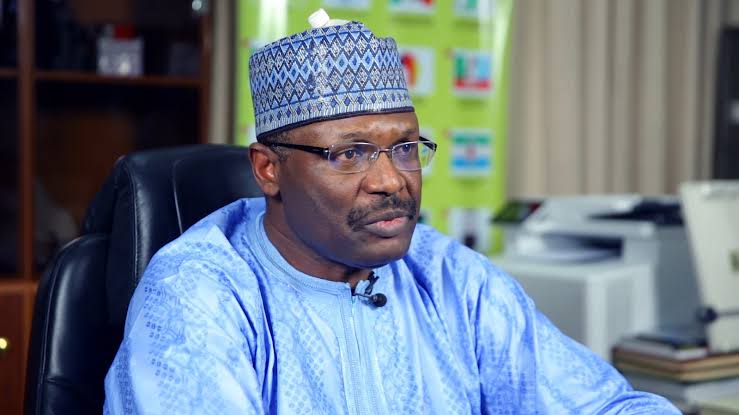
![BREAKING: Sanwo-Olu presents report on ‘Lagos destruction’ to Buhari [Photos]](https://thenewsguru.ng/wp-content/uploads/2020/11/Sanwo-Olu-Buhari-i.jpg)


